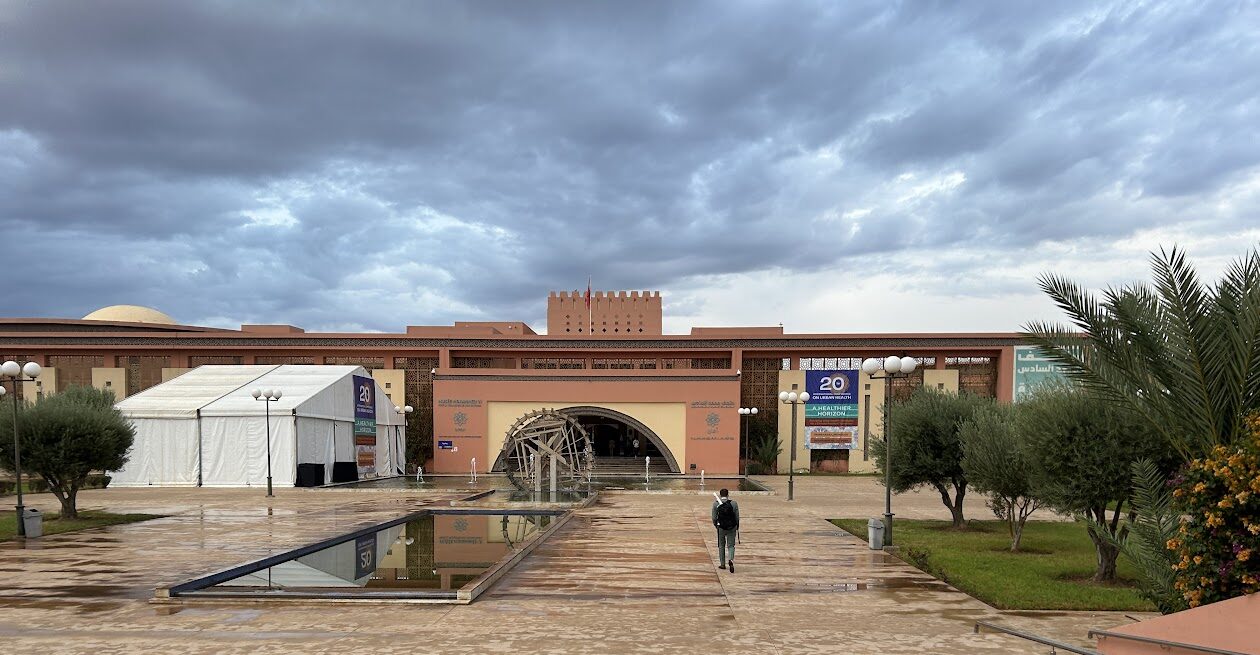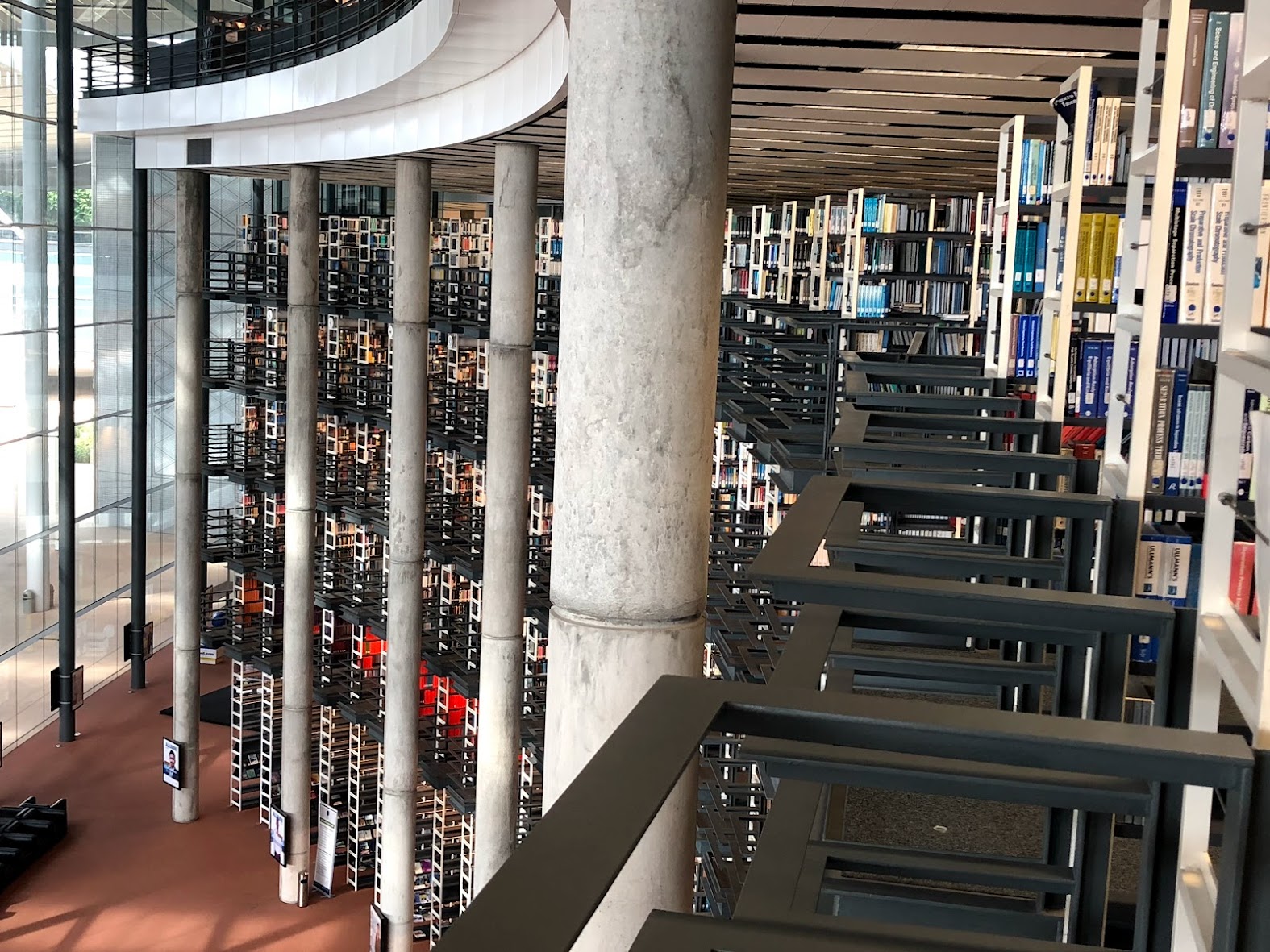In our efforts to use science to make cities more accessible, science itself has become increasingly inaccessible.
This topic has been on mind for a while but it is only now, after a recent event relating to an invitation I received to speak at an emerging neuroarchitecture symposium, I feel inspired to speak out. Over the last couple of years, I've noticed a troubling trend in the scientific community: the rise of profiteering scientific hubs. Overpriced conferences. Exorbitant journal fees. The trend has even reached emerging fields such as neurourbanism, where accessibility and inclusivity are essential for its growth and applicability in various real-life urban contexts.
I initially felt excited about the invitation to speak at this symposium. For one, there was the potential to network with fellow colleagues in the field. The symposium also represented an opportunity for our organisation, NeuroLandscape, to contribute to one of the first events of its kind in the field of neuroarchitecture and share a tool we have been developing as part of the GreenInCities consortium, the Neurourbanism Assessment (NUA). But then came the reality check: the registration fees exceeded 500 euros per attendee, plus travel and accommodation costs for five days in one of Europe's most expensive cities. These costs are effectively a significant barrier of entry for many researchers, design practitioners, and evidence-based design advocates. Most critically, they exclude vulnerable communities—the very recipients of the solutions, who should be actively involved in the decision-making process for the urban solutions we design.
Scientific knowledge is becoming a luxury, accessible only to a privileged few. Emerging fields like neurourbanism are especially susceptible to this trend. Conference organizers, scientific journals, publishing houses, and webinar platforms increasingly operate as profit-driven enterprises. They create barriers that divide the scientific community and impede progress, often without delivering comparable value.

This growing shift towards elitism perpetuates the idea that only the privileged few, typically those backed by well-funded institutions, can (and should) participate fully in scientific discourse and decision-making. It undermines the collaborative spirit of science and limits the diversity of perspectives that are crucial for innovation.
Knowledge, and knowledge-sharing, should be a fundamental right. However, the paywall model prioritizes profit above all else. For emerging, interdisciplinary fields like neurourbanism, where inclusivity and the exchange of ideas across disciplines, geographies, and socioeconomic backgrounds is crucial for their development, this barrier is especially damaging.
Neurourbanism holds immense potential for improving mental health and well-being through better urban design. But this potential can only be realized by ensuring the field is accessible for all: researchers, urban planners, policymakers, and community advocates alike. When events and publications become financially inaccessible, we lose the very voices that can make neurourbanism truly impactful and inclusive.
I am committed to taking a stand at NeuroLandscape. Together with my team we are making open access and inclusive dissemination of scientific knowledge the central focus of our mission. We commit to supporting only fully inclusive and open access initiatives and stand in opposition to profiteering hubs. We invite the scientific community to join us by:
- Supporting open access and rejecting the commodification of science. Trust your instinct and opt-out of authoring, editing or reviewing journals charging exorbitant fees.
- Promoting inclusive events: Organizing affordable (or even better, free) conferences, workshops, and webinars, ensuring that financial barriers do not exclude passionate participants. Offer opportunities for volunteers, NGOs, and students to participate without cost. Partner with local organizations to secure affordable venues.
- Challenging the status quo: Speaking out against events and institutions that prioritize profit over inclusivity. Use your (social) platforms to advocate for change.
The quality of knowledge should not be determined by its cost!
Researchers are not typically paid for paper submissions or keynote speeches. In fact, they often pay out of pocket to disseminate their work. Fortunately, there are alternative platforms that offer by-passing the paywalls or free publications (such as Researcg Gate, you can also directly reach out to the authors). One of the noteworthy initiatives in the field is the Journal of Urban Design and Mental Health (which I am proud to represent as Editor in Chief, which maintains scientific integrity while remaining non-profit and free for submissions.
Regarding the symposium that prompted this post: I decided to withdraw my participation. Despite the honour of being invited, I couldn't support an event that contradicted NeuroLandscape's core values of inclusivity and accessibility. This decision was not made lightly, but it was necessary to uphold the principles that guide our work.
The scientific community stands at a crossroads. We can either continue down the path of commercialization, where knowledge becomes a commodity for the few and new disciplines grow increasingly less accessible. Or we can choose a different path - one that prioritizes collaboration, inclusivity, and the democratization of knowledge.
At Neurolandscape, we are committed to the latter. The future of neurourbanism depends on our ability to work together and share ideas freely.
We can achieve this without paying gatekeepers!

